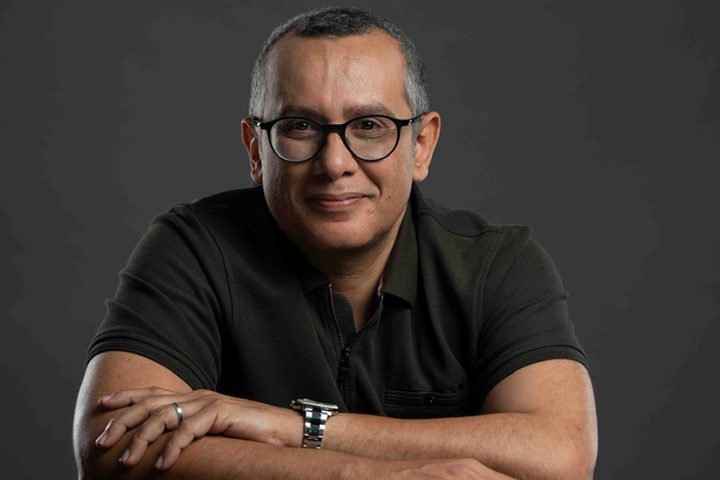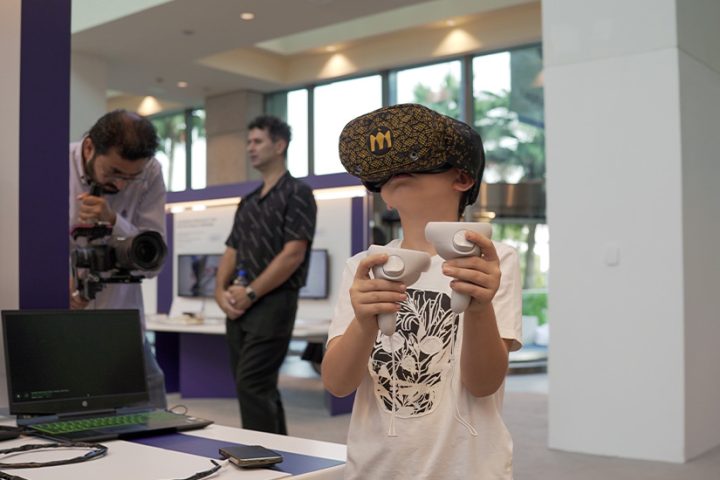The Smart Cities of tomorrow will call for new and futuristic smart skills to harness the advantages they can offer
Smart cities are more than just a trend—they are inching closer to becoming the future because the world is becoming more and more urban. By 2050, 60% of the global population expected to live in the cities. Across the globe, smart city technology spending reached $80 billion in 2016 and is expected to grow to $135 billion by 2021, according to a report from the International Data Corporation (IDC). Those are huge figures, and the question that comes to mind is – what are the skills which will be needed in the future to manage smart cities? It is an interesting question because data from various studies states that 40%-60% of the jobs that might come up in 2030 have not even been invented as yet! Yet at the same time, there is an increasing demand for new and futuristic roles, such as those demanded by the Smart City industry. Therefore, in order to stay relevant in this competitive market, professionals must upgrade their skills regularly and invest in up-skilling.
Roy Strik, Head of Business Development for Pearson Professional Middle East, gives us an overview of some of the skillsets which will be required to make the most of the smart city revolution.
Robotics
Robots will play an important role in the Smart Cities of tomorrow. In countries with ageing populations and labour shortages, robots will be assigned to tasks that the human population cannot complete and will be an integral part of smart cities. Their presence will enable an increase in operational efficiency. We are already seeing some examples of this today – hotels in Singapore use service robots to clean rooms and deliver supplies. Dubai is already experimenting with the working of robots in public services, transportation, policing and surveillance, as well as targeting automation of 25% of its transportation system by 2030, all as part of its efforts of creating the happiest city in the world.
Artificial Intelligence
Artificial intelligence today has a role in many industries. In a smart city, AI will use smart algorithms to help automate and improve many activities and operations of a municipality. Report from Gartner predicts that 20% of all citizens in developed nations will use AI assistants to help them with various operational tasks. There will also be a sharp increase in the handling of customer experiences by conversational agents – it will rise from 3% in 2017 to 30% in 2022. AI is becoming critical to the Smart City Revolution, and skills in this area will be in high demand as companies look for a competitive edge.
3D Printing
In a smart city, 3D printing can be used not just to build houses, but also to build bridges. An example is Amsterdam, which has the world’s first stainless steel bridge installed across one of its oldest and most popular canals. Other examples of what 3D printing can achieve in Smart Cities are eco-friendly houses, glass structures, public buildings and more.
Blockchain
While the basic premise of smart cities is technology, there are no common standards, and requirements could vary across geographies. This difference in technology infrastructure could cause some challenges. Blockchain can help by connecting these technologies together, and in the process, actually derive more value from them. Some ways by which blockchain can benefit smart cities include smart payments for all government services, waste management, smart energy and smart contracts. While the technology itself is still in the early stages of development, it also means that this is the best time to learn the skills needed to harness the power of blockchain and master it.
Nothing is constant except change, and the world some years from now will be vastly different from the world we live in. To remain competitive, professionals must ensure that they continue to develop new capabilities. Today upskilling is easily available in many forms such as blended education, MicroMasters and other programmes which make learning flexible, portable, and cost-effective. Such newer forms of learning are linked directly to the industry and provide skills required to get onto the job immediately, such as Pearson Professional’s Micromasters Credential in AI from Columbia university. It will be essential for professionals to invest in developing the required skillsets in order to stay relevant for the workforce and to lead smart cities of the future.














